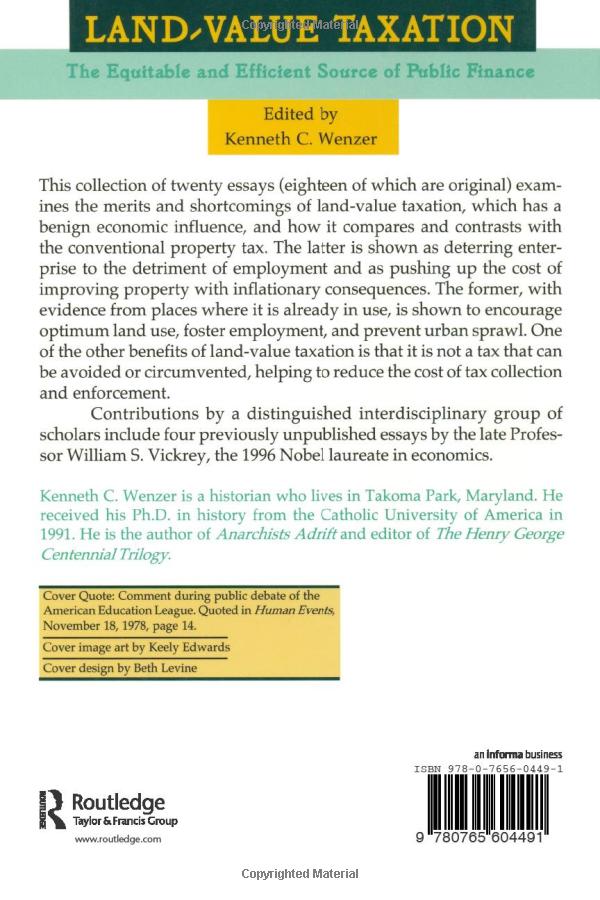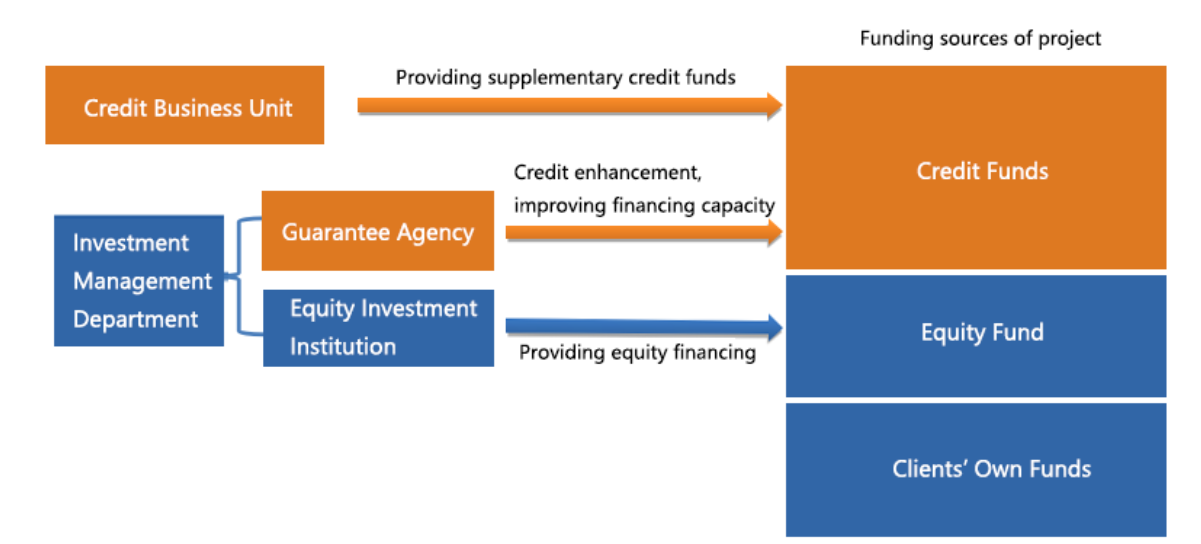Comprehensive Guide to Types of Loans for Land: Understanding Your Financing Options
#### Types of Loans for LandWhen it comes to purchasing land, understanding the various types of loans for land is crucial for making informed financial dec……
#### Types of Loans for Land
When it comes to purchasing land, understanding the various types of loans for land is crucial for making informed financial decisions. Unlike traditional home mortgages, land loans come with their own set of unique characteristics and requirements. In this guide, we will explore the different types of loans available for land purchases, helping you identify which option best suits your needs.
#### 1. Raw Land Loans
Raw land loans are designed for purchasing undeveloped land that has no utilities, roads, or other improvements. These loans are typically considered higher risk by lenders since the property lacks infrastructure and may not be suitable for immediate use. As a result, interest rates on raw land loans can be higher than those for improved land. Borrowers often need a larger down payment, usually ranging from 20% to 50%, to secure financing.
#### 2. Improved Land Loans

Improved land loans are for parcels that have been developed with basic infrastructure, such as utilities, roads, and zoning approvals. Since these properties are more likely to be used for building homes or commercial structures, lenders view them as less risky compared to raw land. Consequently, the down payment requirements may be lower, typically ranging from 10% to 20%. Interest rates are also generally more favorable.
#### 3. Construction Loans
If you plan to build on the land you purchase, a construction loan might be the right choice. These loans provide financing for both the land purchase and the construction of a new building. Construction loans are usually short-term and are often converted into a permanent mortgage once the construction is completed. Borrowers should be prepared for a rigorous application process, as lenders will want to see detailed plans and budgets for the construction project.
#### 4. USDA Loans

For those interested in rural land, USDA loans offer a government-backed option for financing land purchases. These loans are designed to promote development in rural areas and come with several benefits, including no down payment and lower interest rates. However, eligibility is limited to certain income levels and geographic locations, so it’s essential to check if you qualify.
#### 5. FHA Loans for Land
The Federal Housing Administration (FHA) offers loans that can be used to purchase land, particularly if the borrower intends to build a home on the property. FHA loans are attractive because they allow for low down payments (as low as 3.5%) and have more flexible credit requirements. However, similar to construction loans, borrowers will need to provide a clear plan for the home they intend to build.
#### 6. Seller Financing

In some cases, the seller of the land may be willing to finance the purchase directly. This arrangement, known as seller financing, can be beneficial for buyers who may not qualify for traditional loans. The terms of seller financing can be more flexible, allowing for customized payment plans. However, it’s essential to have a clear agreement in writing to avoid potential disputes down the line.
#### Conclusion
Choosing the right type of loan for your land purchase is essential for ensuring a smooth and successful transaction. Each type of loan has its own advantages and disadvantages, so it’s important to assess your financial situation, creditworthiness, and long-term goals before making a decision. Whether you opt for a raw land loan, improved land loan, construction loan, USDA loan, FHA loan, or consider seller financing, understanding the intricacies of these options will empower you to make the best choice for your land investment. Always consult with a financial advisor or mortgage specialist to explore your options and secure the best financing for your needs.